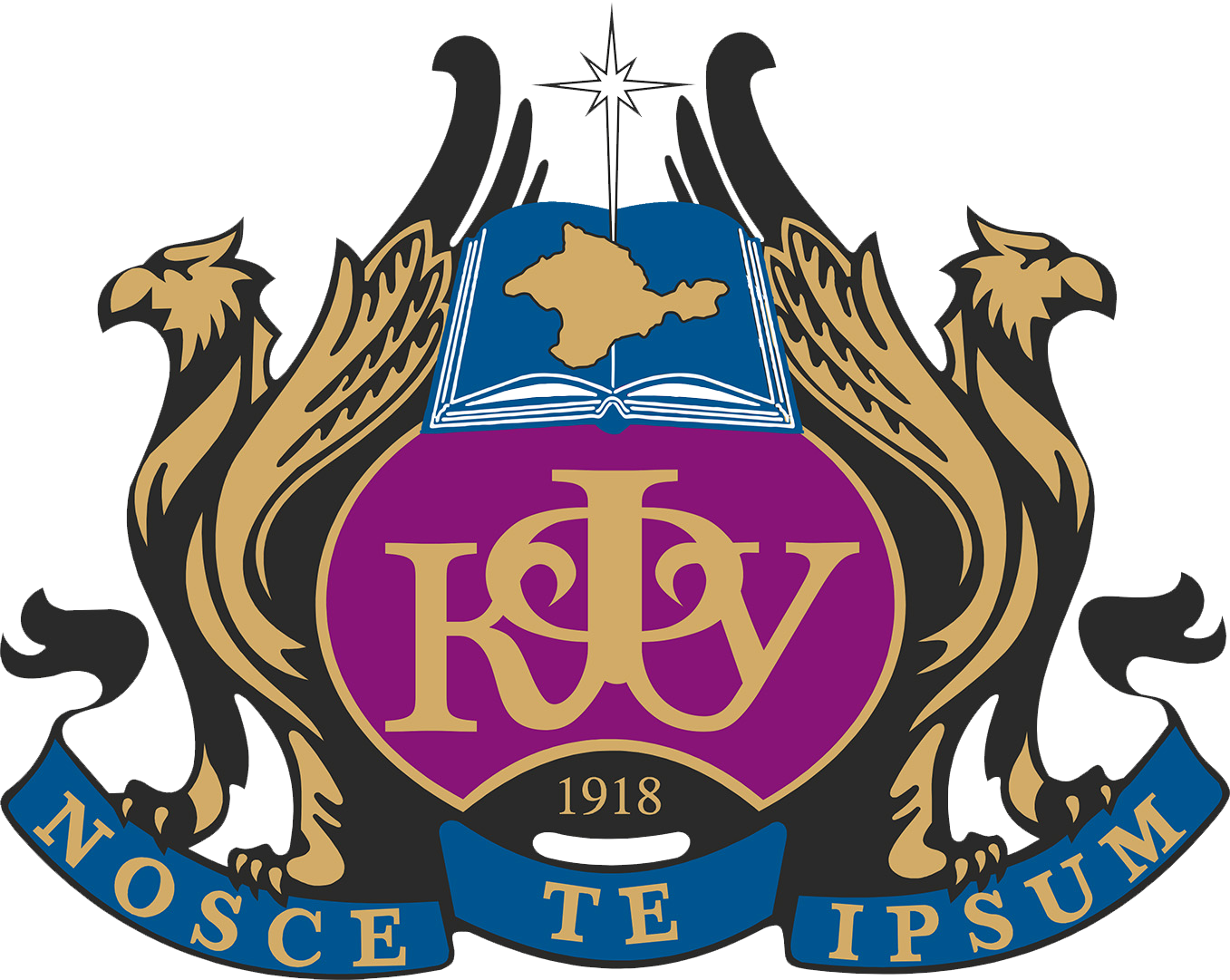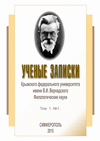The article discusses the process of formation and development of the literature of the peoples of the North, in particular, the formation, role, and significance of the artistic concept in the historical and cultural context. The cognitive and artistic concept of «ancestor’s fire» is chosen as the object of study. It is noted that the human spirit’s desire for the transcendent, the acquisition of moral values, and the preservation of traditions, rituals, and ceremonies are reflected in the presence of this concept in oral folk art. Later, it transformed into a supertextual structure in literature. In works created by authors who have retained a mythological consciousness to varying degrees, they not only convey information across time, preserving it, but also give strength to the spirit and body, activating the hidden potential of the individual. The study identified a range of works that feature the artistic concept of «ancestor’s fire» both as an independent concept and as a model for conceptualizing fire and ancestral memory.
Northern peoples, poetry, ancestral fire, fire, concept, ancestors, worldview.
1. Askol'dov S. A. Koncept i slovo // Russkaya rech'. Novaya seriya. Vyp. 2. ‒ L.: ACADEMIA, 1928. ‒ S. 28–44.
2. Bahtin M. M. Avtor i geroy. K filosofskim osnovam gumanitarnyh nauk. ‒ SPb.: Izd‒vo «Azbuka», 2000, ‒ 336 s.
3. Beskova I. A. Evolyuciya i soznanie: kognitivno‒simvolicheskiy analiz. ‒ M.: Institut filosofii RAN, 2001. ‒ 268 s.
4. Vdovin I. S. Religioznye kul'ty chukchey // Pamyatniki kul'tury narodov Sibiri i Severa. ‒ Leningrad: Nauka, 1977. ‒ S. 117‒171.
5. Golovnev A. V. Kochevniki tundry: nency i ih fol'klor. ‒ Ekaterinburg: UrORAN, 2004. ‒ 344 s.
6. Gumbol'dt V. Yazyk i filosofiya kul'tury. ‒ M.: Progress, 1985. ‒ 452s.
7. Zhirmunskiy V. M. Sravnitel'noe literaturovedenie. Vostok i Zapad. ‒ Leningrad: 1979. ‒ 492 s.
8. Zav'yalov Yu. V. Neob'yavlennaya psihoterapiya. ‒ M.: Delovaya kniga, 1999. ‒ 250 s.
9. Iz veka v vek. Poeziya hantov, mansi i nencev. ‒ M.: Pranat, 2016. – 272 s.
10. Lapcuy L. V. Puti‒dorogi. Stihi i poema. Per. s nen. ‒ M.: Mol. gvardiya, 1983. ‒ 63 s.
11. Losev A. F. Samoe samo. Sochineniya. ‒ M.: Izd‒vo EKSMO‒Press, 1999. ‒ 1024 s.
12. Ledkov V. N. Golubaya strana. ‒ Arhangel'sk, Severo‒zapadnoe knizh. izd‒vo, 1975. ‒ 128 s.
13. Lihachev D. S. Konceptosfera russkogo yazyka // Lihachev D. S. Izbrannye trudy po russkoy i mirovoy kul'ture. ‒ SPb: SPbGUP, 2015. – 540 s.
14. Poeziya narodov Severa i Dal'nego Vostoka Rossii. ‒ M.: Severnye prostory, 2002. ‒ 384 s.
15. Poyu tebya, Chukotka! Stihi poetov narodnostey Kraynego Severo‒Vostoka. ‒ Magadan: Magad. knizh. izd‒vo, 1983. ‒ 176 s.
16. Pushkareva E. T. Neneckiy mif‒skazka ‒ obrazec rannih poeticheskih form // Fol'klor i etnografiya narodov Severa. Mezhvuzovskiy sbornik nauchnyh trudov.
17. Stepanov Yu. S. Koncepty. Tonkaya plenka civilizacii. – M.: Yazyki slavyanskih kul'tur, 2007. – 248 s.
18. Stihi poetov Severa. Sost. V. M. Sangi. ‒ M.: Det. lit., 1977. ‒ 112 s.
19. Syazi A. M. Ogon' v tradicionnoy kul'ture i fol'klore narodov Severa // Nauchnyy vestnik YaNAO. ‒ 2014. ‒ Vyp. 1 (82). ‒ S. 51–58.
20. Tokarev S. A. Simvolika ognya v istorii kul'tury // Etnograficheskoe obozrenie. ‒ 1999. ‒ № 5. ‒ S. 36–41.
21. Trofimova A. V. Ogon' kak geshtal't vnutrennego mira cheloveka // Voprosy gumanitarnyh nauk. ‒2004. ‒ №6. ‒ S. 119‒134.
22. Hazankovich Yu. G. Fol'klorno‒epicheskie tradicii v proze malochislennyh narodov Severa. Monografiya. ‒ Novosibirsk: Izd‒vo SO RAN, 2000. – 131 s.
23. Shestalov Yu. N. Polyarnyy krug. Per. s mans. ‒ M.:Mol. gvardiya, 1983. ‒ 111 s.
24. Shestalov Yu. N. Ogon' i sneg: Stihi i poemy / Per. s mansi. ‒ M.: Sov. Rossiya, 1979. ‒ 304 s.
25. Eliade M. Aspekty mifa. ‒ M.: Akademicheskiy proekt, 2023. ‒ 235 s.
26. Yung K. G. Ob otnoshenii analiticheskoy psihologii k poetiko‒hudozhestvennomu tvorchestvu // Zarubezhnaya estetika i teoriya literatury HIH–HH vv. Traktaty, stat'i, esse. ‒ M.: Izdatel'stvo
27. Yavtysyy P. A. Vzoydet rostok dushi: stihotvoreniya / Avt. per. s neneckogo V. Gordeeva. ‒ Nar'yan‒Mar: NO IUU, 1996. ‒ 89 s.





